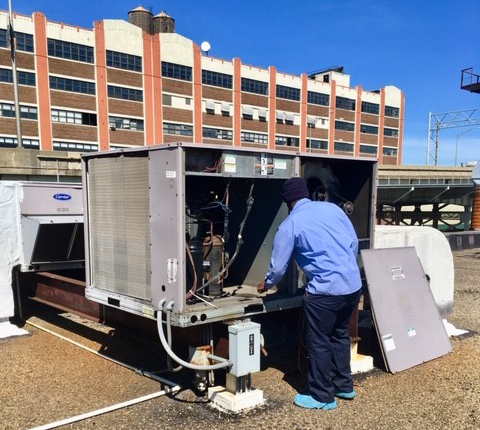Alliance to Prevent Legionnaires’ Disease
Mar 10, 2021, 14:01 ET
UNION COUNTY, N.J., March 10, 2021 /PRNewswire/ — Union County is again battling a rash of Legionnaires’ disease cases with one death reported, mirroring 2019 when 22 cases of Legionnaires Disease resulted in five deaths across the county. Similar to 2019, the surge in cases followed shortly after the water systems serving the area underwent a change in treatment protocols – a practice increasingly being called into question for elevating the risk of legionella bacteria development and release.
The Alliance to Prevent Legionnaires Disease, a national non-profit organization, is calling for a thorough and extensive review of these new cases and the water systems serving Union County.
“We are very concerned to learn of 14 Legionnaires’ disease cases and one death recently reported in Union County,” said Bob Bowcock, Managing Director with Integrated Resource Management, Inc. and an Alliance board member. “Unfortunately, Union County dealt with a similar situation just two years ago. We believe a concerted effort must be made to fully understand these cases so we can prevent further risks to the public and take proper actions to prevent future cases.”
The Alliance notes that 96% of Legionnaires’ cases reported nationally to the U.S. Center for Disease Control (CDC) are individual and sporadic cases, raising concern about home-based exposure to the bacteria where people are routinely immersed in water through showering and other water use when the risk of inhaling bacteria-carrying droplets is the greatest. Individuals can also contract Legionnaires’ disease through aspiration of drinking water (when water goes down the wrong pipe).
“We strongly urge the release of more detailed information about the nature of these cases and specifics on the impacted communities and neighborhoods, so those who are most susceptible residing in these areas are aware of heightened risks and told to pay particular attention to signs and symptoms of Legionnaires’ disease, which can be very similar to COVID-19,” added Bowcock.
In calling for a review of local water treatment practices, Bowcock cited a recent study published by the American Society for Microbiology in November 2019 which assessed disinfectant treatment changes similar to those conducted in Union County. The study indicated that the practice of occasionally switching disinfectants “may provide an opportunity for legionella pneumophila to proliferate.”
Union County treatment changes were initiated on February 11 in 2019 and again January 12 of this year. A surge in cases occurred in each instance approximately three weeks following the treatment change.
The National Resource Defense Council’s Erik Olson published an article on July 10, 2019, entitled “Legionnaires Disease in Northern NJ: A Possible Link to Water Treatment Failures?” which also called for more comprehensive investigations.
“The key is to get the facts out on the table,” added Bowcock. “It’s not about assigning blame. It’s about achieving a higher level of understanding that allows us to learn so we can better protect all residents and prevent Legionnaires’ disease.”
SOURCE Alliance to Prevent Legionnaires’ Disease


